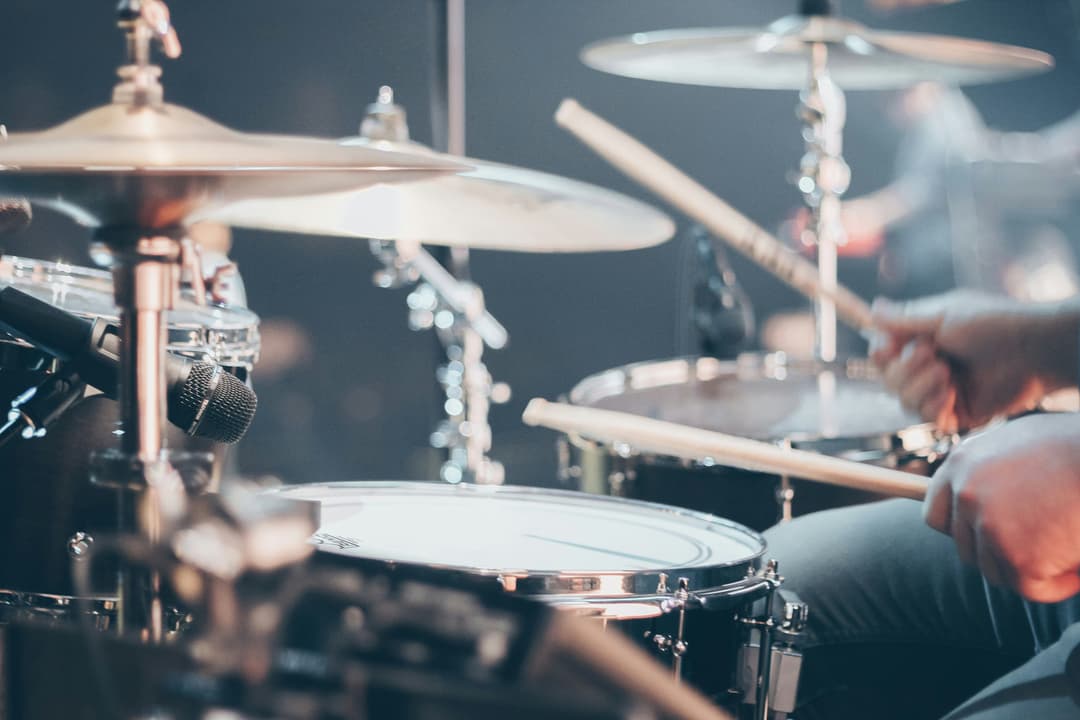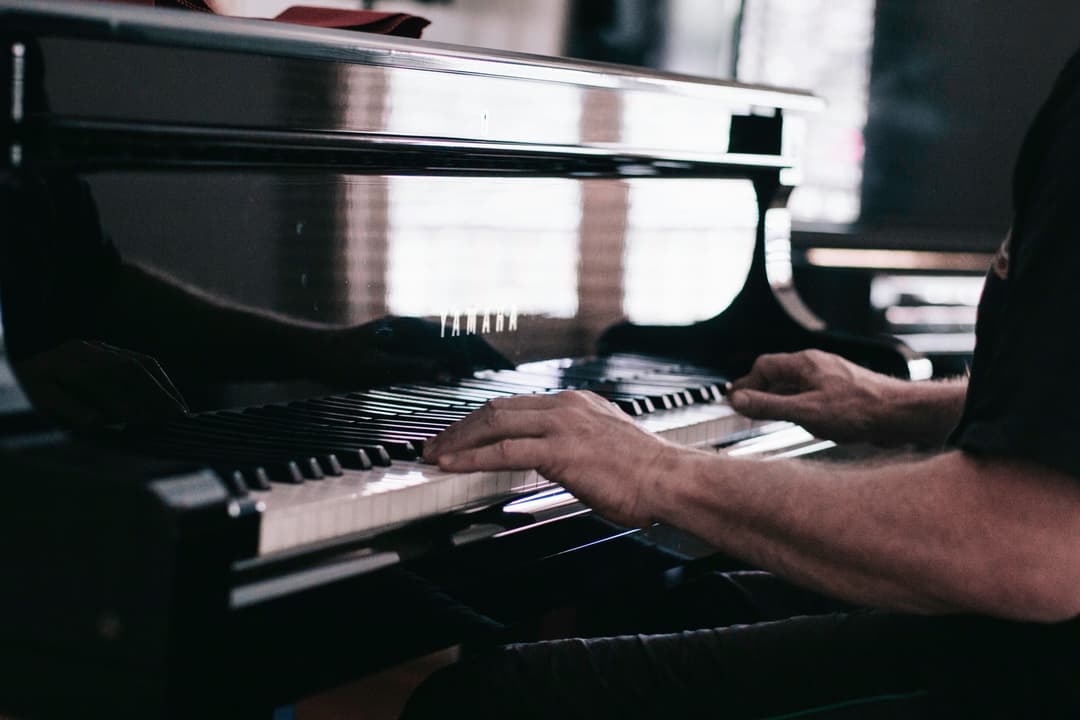Why Timing Matters - Understanding the Importance of Rhythm in Music

August 23, 2024
Rhythm is the heartbeat of music, providing the essential timing that drives melodies and harmonies forward. Whether you're a seasoned musician or a budding enthusiast, understanding the role of rhythm in music is crucial for mastering your craft. In this article, we’ll delve into the importance of rhythm, explore how timing affects musical expression, examine rhythm across different genres, and offer techniques to improve your timing. Let’s begin with why rhythm is the cornerstone of every musical performance.
Importance of Rhythm in Music
Rhythm is often described as the glue that holds a piece of music together. It’s not just about keeping time; it’s about creating a structure that allows melodies and harmonies to coexist and flourish. Rhythm gives music its shape, directing the flow and providing a foundation upon which other elements like melody and harmony can be built. Without a strong sense of rhythm, music can feel disjointed and lack cohesion. This is why rhythm is vital for any musician, regardless of their instrument or genre.
How Timing Affects Music
Timing in music is everything. The precise placement of notes within a beat can completely alter the feel and emotion of a piece. For instance, a well-timed accent can add energy and drive, while a delayed note can introduce tension or anticipation. In genres like jazz or classical music, timing is particularly important, as it allows for expressive variations and improvisation. Poor timing, on the other hand, can disrupt the flow of music, making it difficult for listeners to connect with the piece. Thus, mastering timing is crucial for delivering a compelling performance.
Rhythm in Different Music Genres
Different genres of music emphasize rhythm in various ways. In classical music, rhythm is often more rigid, providing a structured framework that supports complex melodies and harmonies. Jazz, however, treats rhythm with more flexibility, allowing for swing and syncopation that gives the genre its signature feel. In rock and pop, rhythm serves as the driving force, often delivered through powerful drum beats and bass lines. Understanding how rhythm functions across different genres can help musicians adapt their playing style and improve their versatility.
Techniques to Improve Timing in Music
Improving your timing requires practice and patience. One effective technique is to practice with a metronome, which can help you internalize a steady beat. Additionally, clapping along to rhythms or tapping your foot while playing can reinforce your sense of timing. Another useful exercise is to practice playing with other musicians, as this forces you to stay in sync with the group. Over time, these techniques can help you develop a more intuitive sense of rhythm, enhancing your overall musicality.
Rhythm is an integral part of music, influencing how pieces are structured, how they flow, and how they are perceived by listeners. By focusing on rhythm and timing, musicians can elevate their performances, ensuring that their music resonates with their audience. Whether you're practicing alone or performing with others, never underestimate the power of good rhythm.
What role does rhythm play in music?
Rhythm serves as the foundation of music, providing structure and flow that supports melodies and harmonies.
Why is timing crucial for musicians?
Timing is crucial because it affects the feel and emotional impact of the music, ensuring that the performance is cohesive and engaging.
How can improving rhythm enhance musical performance?
Improving rhythm can lead to better timing, which in turn enhances the expressiveness and precision of a musical performance.
What are the benefits of practicing rhythm?
Practicing rhythm can help musicians internalize a steady beat, improve coordination, and develop a more intuitive sense of timing.
Can rhythm be learned, or is it innate?
While some individuals may have a natural sense of rhythm, it can certainly be learned and improved through consistent practice.


